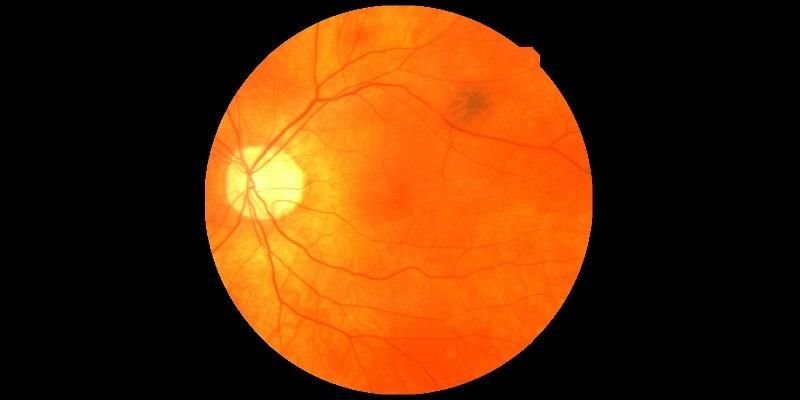Researchers at the University of Leeds have worked with numerous partners to develop an AI system that can use eye scans to detect heart attack risk within the next 12 months.
The AI diagnosis is based on the finding that changes in tiny blood vessels in the retina can indicate vascular disease. The AI system, developed under the leadership of the University of Leeds, can detect these changes on retinal scans and identify people who could suffer a heart attack within a year.
AI for heart attack prevention
The accuracy of the prediction system is between 70 and 80 percent, according to the researchers. It is therefore well suited as a recommendation mechanism for in-depth cardiovascular screening.
"This technique opens up the possibility of revolutionizing the screening of cardiac disease. Retinal scans are comparatively cheap and routinely used in many optician practices. As a result of automated screening, patients who are at high risk of becoming ill could be referred for specialist cardiac services," says Professor Alex Frangi, who led the research.
The system could also be used to detect "early signs of heart disease," according to Frangi. Frangi holds the Diamond Jubilee Chair in Computational Medicine at the University of Leeds' School of Computing and is a Turing Fellow at the Alan Turing Institute.
Trained with thousands of patient data
The diagnostic AI was trained via Deep Learning using the retinal and cardiac images of more than 5,000 people. Through training, the AI learned to determine correlations between the condition of the retina and changes in the heart.
After training, the system was able to reliably estimate the size and pumping capacity of the left ventricle based on retinal images alone. An enlarged ventricle may indicate a higher risk of heart disease. To predict a possible heart attack within a year, the researchers also use age and gender.
Since the cost of retinal diagnosis is significantly lower than common diagnostic methods such as echocardiography or magnetic resonance imaging, the AI system could be particularly beneficial in countries with weaker healthcare systems. The method would also save time and money in countries with strong health care systems, according to a statement from the University of Leeds.
"The AI system is an excellent tool for unravelling the complex patterns that exist in nature, and that is what we have found - the intricate pattern of changes in the retina linked to changes in the heart," said co-author Sven Plein, professor of cardiovascular imaging at the British Heart Foundation at the University of Leeds.
The research, "Predicting Infarction through your retinal scans and minimal personal Information", was published in the scientific journal Nature Machine Intelligence.







